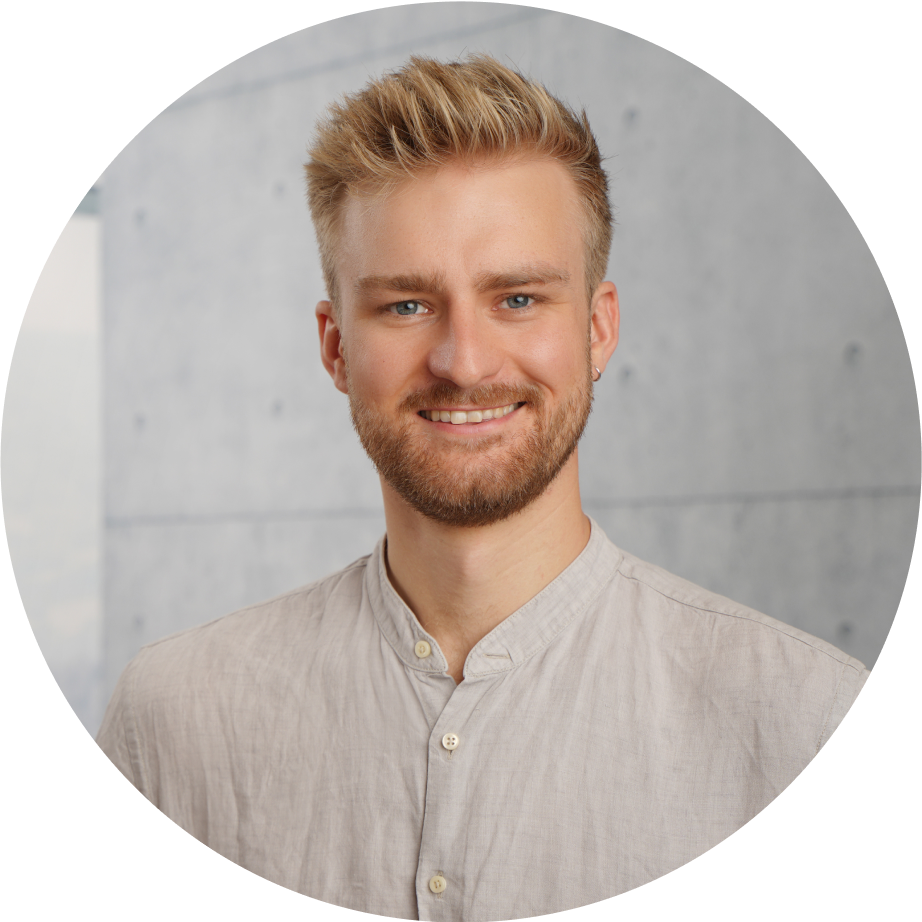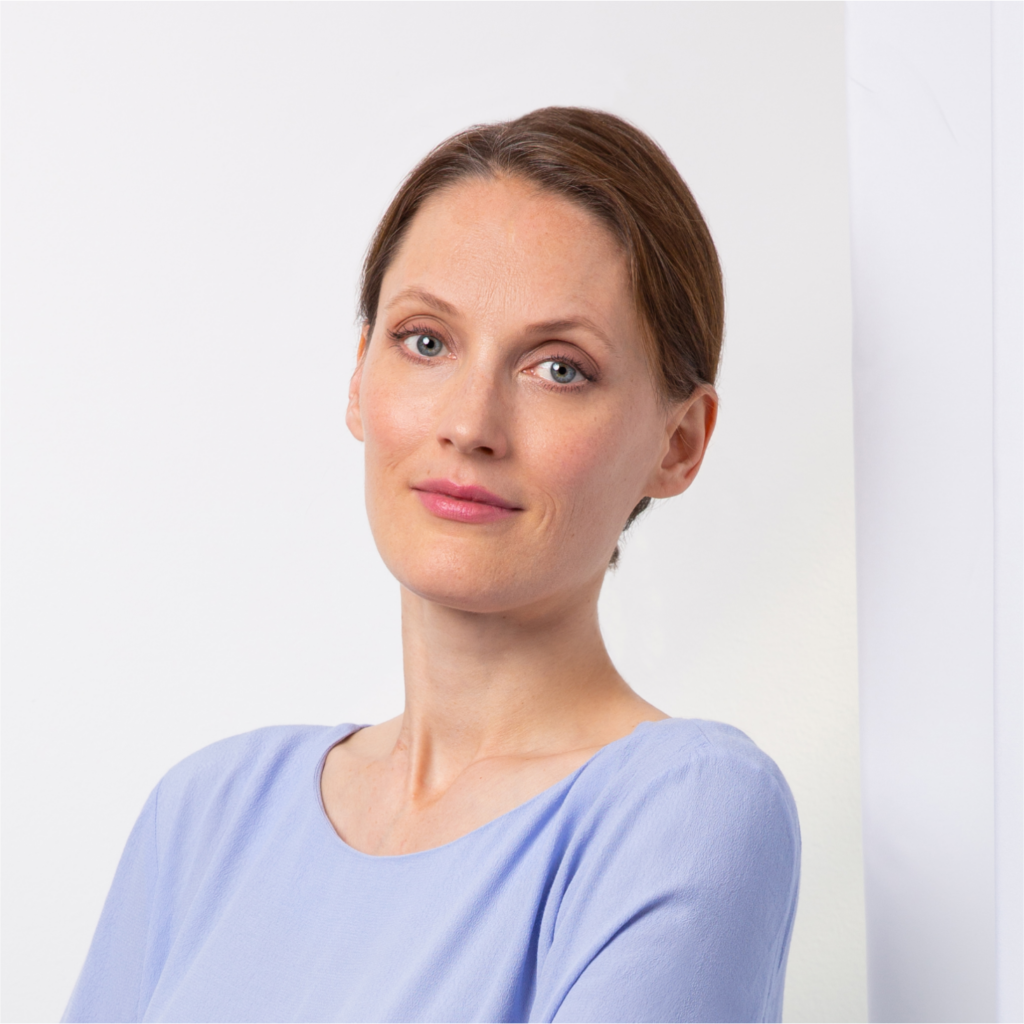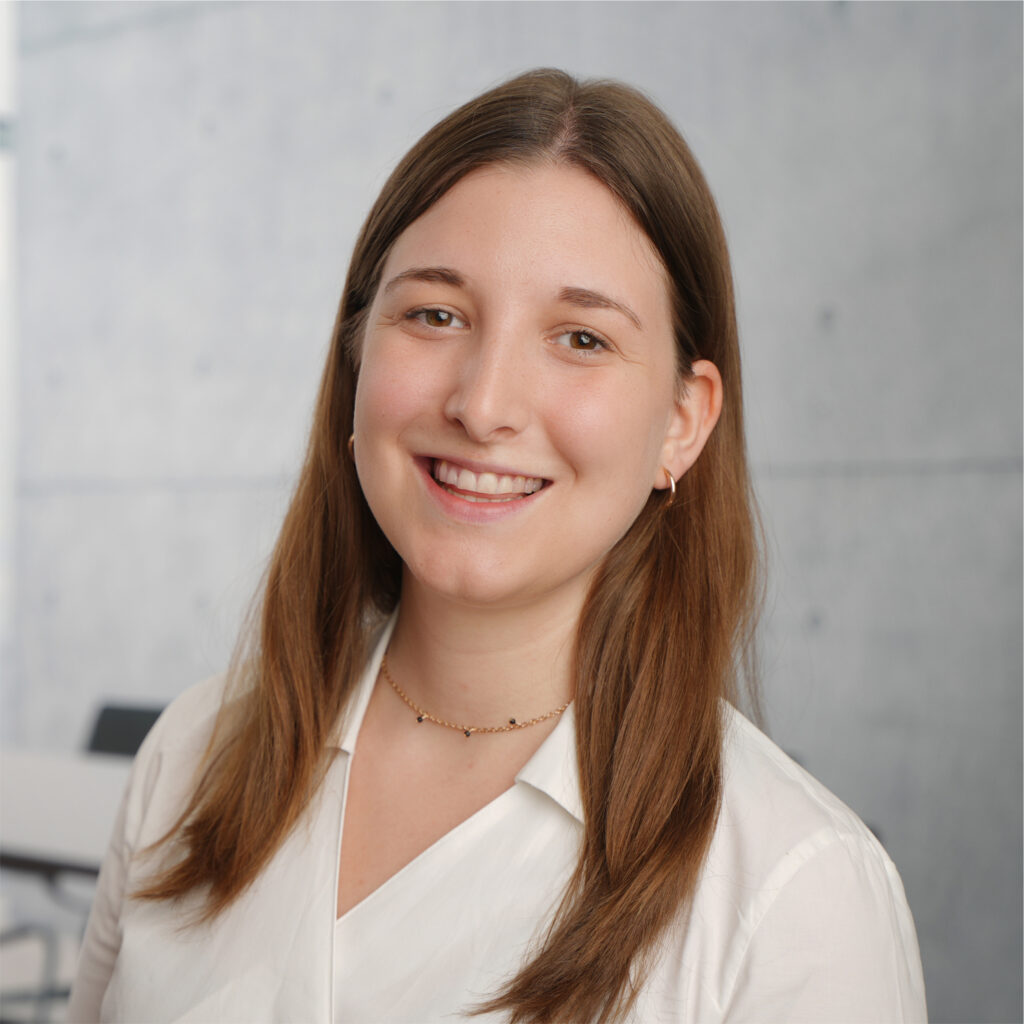What is Impact? – with Lorenz Röttger
We met Lorenz Röttger, researcher, environmental economist, and avid gardener, near WifOR’s office in Berlin. During a walk in the park, we discussed the importance of impact and his personal journey into sustainability research.
Lorenz, the term “sustainable” has become ubiquitous – from supermarket shelves to the halls of Parliament. What does sustainability mean to you?
I understand sustainability to be about minimizing our negative impact on the planet and people, while maximizing positive contributions. Sustainable development means making decisions today which ensure people on this earth live prosperously in one hundred years from now and beyond.
In public conversations, sustainability is often understood in environmental terms – but there are also social and economic dimensions. At the same time, discussions in business focus primarily on financial, or economic, impact and can negate socio-ecological considerations.
Sustainable decision-making requires measuring and understanding impact. How does WifOR measure impact?
We measure impact by how and to what extent an organization and industry’s activities affect society, the environment, and the economy – both in positive and negative contributions. Environmental impacts are often associated with greenhouse gases, but they go far beyond this. They include indicators such as biodiversity loss, air pollution, and water consumption. Land usage is also significant. Meanwhile, positive social impacts can occur through investment in education or training – whereas child labor, workplace injuries, and exploitative wage structures clearly contribute negatively to society.
These indicators are quantified using a variety of metrics – kilograms, hours, cubic meters. WifOR’s Impact Analysis seeks to define the significance of these activities for society and enable transparent comparison. This means translating diverse indicators into a standard unit, expressed in monetary value.
How has the topic of impact evolved over the past few years?
I initially joined WifOR as a working student, almost four years ago. Since then, regulations have been introduced in Germany and at an EU level. These regulations require more and more companies to report on sustainability. Prior to legal obligations, the topic of impact simply wasn’t a priority for businesses – and as a result essential data was rarely collected.
Increasing transparency has led to sustainability being anchored in corporate strategies. Many organizations have also recognized that impact is not a one-way street. A decaying environment and skewed social structures carry in turn risks for business. Consequently, understanding and managing impact has become a serious agenda point.
To be able to measure and compare the impact of companies on society, the environment, and the economy, we need common standards. This is why WifOR is a scientific partner of the Value Balancing Alliance. The goal is to help companies benchmark sustainability performance, develop a common methodology, and enhance collaboration between stakeholders in research and industry. A significant challenge is reorienting companies to value social and environmental factors alongside the economic dimension.
WifOR provides clients with scientific data on their impact. Why is data important for sustainable decision-making?
Data is the key to understanding what impact any entity has – whether it’s a company, industry, or government ministry. Yet most organizations aren’t aware of how people on the other side of the world are influenced by their production and purchases, for example through supply chains. Not having data on impact carries risks – not only for due diligence, but also in meeting societal expectations. If it emerges, for example, that a company is supplied via child labor, this rightly has implications for the company’s standing in society and is likely to be followed by pressure to address the issue. Proactively identifying hotspots enables companies to become leaders in the sustainability transition.
WifOR’s research provides a scientific basis for understanding impact – making companies and industries aware of their effects on society, the environment, and the economy. Our results can be used as a foundation for implementing changes to foster sustainable decision-making.
In terms of personal aims, what would you like to achieve with your research?
I want to contribute towards the development of a sustainable economy. My aim is to help as many people and organizations as possible understand how their decisions have an impact on our planet and society.
I’m particularly proud when our project partners go beyond what reporting legislation requires of them. Last year, I was part of an innovative project which developed a methodology for measuring the impact of investment portfolios. The client engaged with their suppliers and mirrored the research findings along the value chain.
And finally, the Impact Analysis team at WifOR continues to grow. How do you balance integrating new team members with achieving higher quality, more ambitious research?
Firstly, many of us are based in either Berlin or Leipzig. We’re often together in the offices which facilitates fast communication and frequent exchange. We also have regular team meetings – both online and in-person – where we discuss projects, host workshops, and learn from one another mutually.
But it’s clearly important for us to spend time with one another not just in a work environment. In addition to the company-wide events, we meet up regularly for team gatherings where we hike, go canoeing, and play games. We’ve also initiated a communal cooking project where two colleagues prepare a meal for the rest in the office.
What’s been the best meal so far?
Tostadas with vegan picadillo prepared by two Mexican colleagues – I love Mexican food!
Good choice. It’s been a pleasure talking to you, Lorenz. Thank you for the interview!




